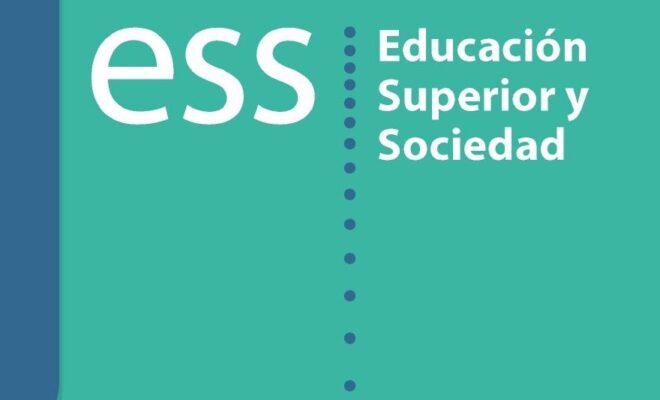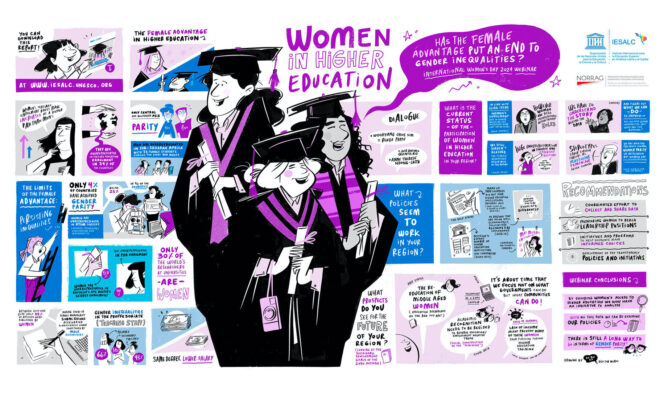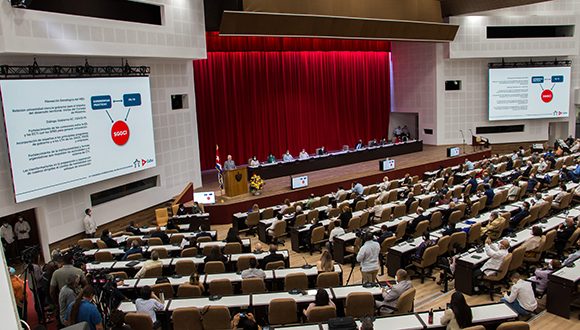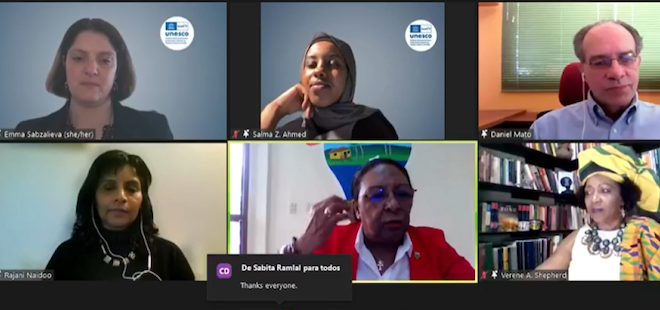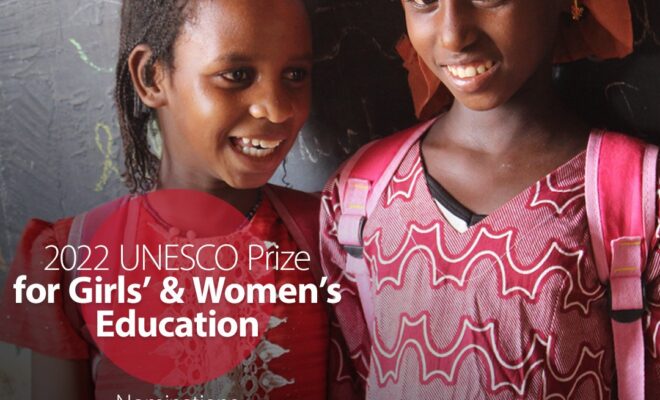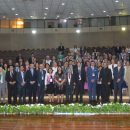Study revealed achievements and challenges of women’s participation in HE in Southern Africa

The UNESCO International Institute for Higher Education (UNESCO IESALC) and the UNESCO Regional Office for Southern Africa (UNESCO Office in Harare) conducted the research report ‘Women’s Participation in Higher Education in Southern Africa: An Exploration of STEM, Leadership, and Enrolment in Institutions in Botswana, Eswatini, Lesotho, Malawi, Mozambique, Namibia, South Africa, Zambia, and Zimbabwe‘ launched on May 9, 2024 at the 9th Multi-stakeholder Forum on Science, Technology and Innovation for the Sustainable Development Goals (STI Forum).
This research provides valuable insights, particularly into the landscape of women’s participation in STEM fields and decision-making bodies within higher education institutions (HEIs) across nine Southern African countries: Botswana, Eswatini, Lesotho, Malawi, Mozambique, Namibia, South Africa, Zambia, and Zimbabwe.
The study revealed both positive findings and challenges that resonate globally, summarised as follows:
- Developing higher education, enhancing gender equality in higher education, and increasing the participation of women in STEM have been important policy areas for the countries of Southern Africa.
- While there has been growth in higher education enrolment for both genders, and while women outnumber men at undergraduate and postgraduate levels in most HEIs surveyed, they remain a minority at doctoral and postdoctoral levels. This gender imbalance is particularly pronounced in STEM disciplines at all degree levels.
- On average, respondents indicate that there is no bias in the appointment of women to leadership positions in their respective institutions. However, many reported unfair treatment or scrutiny of women in leadership.
- In the majority of surveyed HEIs, women make up less than half of the members in decision-making and leadership bodies within the institutions as well as in STEM faculty management positions.
- Women comprise a minority among professorship, particularly in STEM fields.
As inequalities manifest before higher education, early and on the ground interventions become imperative, such as implementing STEM promotion campaigns in secondary schools. Ensuring further involvement and retention of women in academia and STEM areas requires gender-responsive training, mentorship, and network building, as well as institutional policies aimed at promoting gender equality in recruitment. For future in-depth research, a priority, for instance, should be placed on identifying barriers to women’s progression within academic hierarchies, particularly in male-dominated disciplines.
It is crucial to acknowledge that the study also uncovered significant data gaps, emphasising the essential need for consistent data collection at both institutional and national levels to monitor progress and inform strategies for advancing gender parity in higher education.
Watch the launch of the report: here
Related documents & articles
-“UNESCO report reveals low female representation in higher education and STEM” (The Baobab, issue 6, May 2024).
RELATED ITEMS
